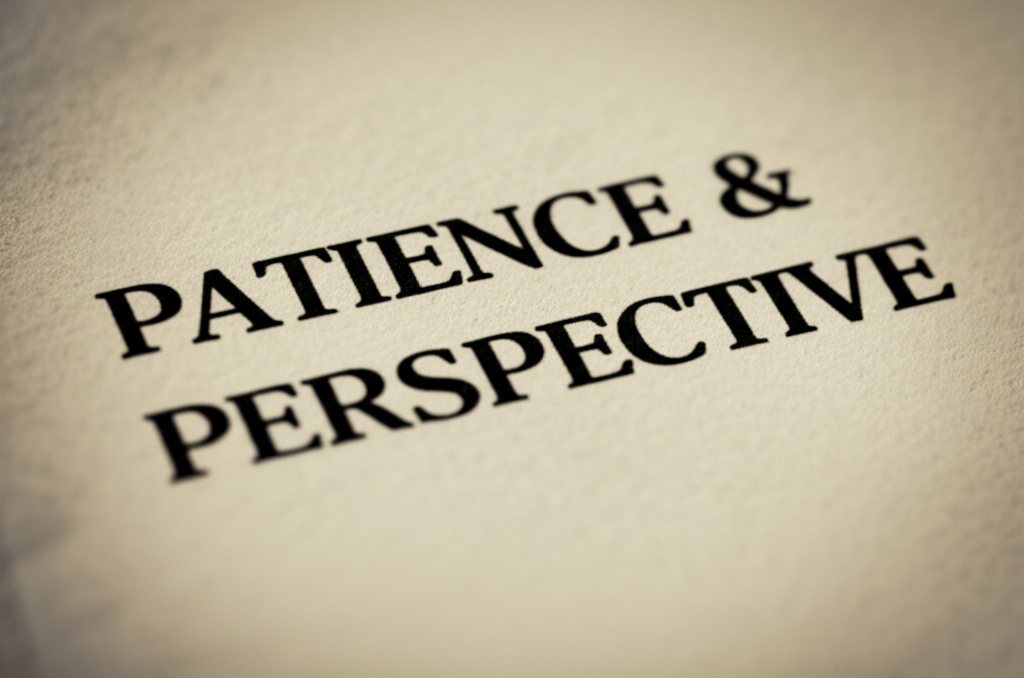In the tumultuous arena of professional tennis, where triumphs are celebrated and struggles scrutinized, few careers have captured the public imagination quite like Emma Raducanu’s. Her meteoric rise at the 2021 US Open was a fairytale, yet her subsequent journey has been a relentless test of resilience, marked by injuries and an intense media spotlight. Amidst the swirling debates and often harsh critiques, former British No. 1 Tim Henman has emerged as a steadfast advocate, urging for a critical shift in perspective: patience.

Unpacking the Criticism: A Disproportionate Scrutiny
Emma Raducanu has faced an undeniable barrage of criticism since her historic US Open victory. This scrutiny has often extended beyond her on-court performance to her decisions regarding coaching, scheduling, and even physical preparation. For instance, her choice to skip French Open qualifying and focus on the grass season, despite leading to strong performances at Nottingham and Wimbledon, still drew negative attention. More recently, her decision to opt out of the Paris Olympics to prioritize hard court preparation, alongside her limited tournament play leading up to the US Open, has also been a point of contention. Critics have even gone so far as to label this “borderline obsession,” suggesting an unfair level of focus on her supposed missteps.
The Olympics Decision and Tournament Scheduling
Raducanu’s decision to forgo the Paris Olympics and concentrate on the hard court swing garnered significant discussion. This was compounded by her not receiving main draw wildcards for events like Toronto and Cincinnati, and her subsequent choice not to play in their qualifying rounds. Tim Henman directly addressed this, advising Raducanu to “ignore the noise” and emphasize that missing those tournaments was not a significant blow, given her strong position in the WTA Race and the limited number of events she has played this year. He highlighted that her progress and results have been picking up, demonstrating a clear upward trajectory.
Electronic Line Calling Controversy
Another recent point of contention where Raducanu faced criticism, and Henman weighed in, was her comments regarding the new Electronic Line Calling system at Wimbledon in July 2025. Both Raducanu and Jack Draper voiced dissatisfaction with the technology, with Raducanu stating, “It’s kind of disappointing, the tournament here, that the calls can be so wrong.” Henman, a BBC analyst and All England Club committee member, strongly dismissed these complaints as “utter garbage,” asserting that the system is “absolutely 100 percent” accurate when operational. He acknowledged a human error that led to a technical glitch during one match but stressed its irrelevance to the system’s overall accuracy.

Henman’s Core Message: Patience and Perspective
At the heart of Tim Henman’s message is a clear call for patience with Emma Raducanu. He repeatedly emphasizes that her challenges since winning the US Open are well-documented, but her current level of play indicates she is “moving in the right direction.” Henman believes she will achieve “big results in the future” and stresses the importance of allowing her time to fully recover and develop.
The Importance of Physical Resilience
A recurring theme in Henman’s commentary is the crucial role of physical resilience for Raducanu. He points out that her injury struggles have been a significant hurdle, including surgeries on both wrists and an ankle that led to a lengthy hiatus in 2023. Henman believes that consistent physical preparation and the ability to play a full schedule of events without setbacks are paramount to her sustained success. He lauded her progress in building fitness, strength, and speed, which he sees as vital for her ability to compete consistently at the highest level.
Building Momentum and Future Prospects
Henman asserts that Raducanu is already showing “brilliant tennis” when she plays and is steadily building momentum. He emphasizes her quality by noting her ranking and position in the WTA Race despite playing a limited number of tournaments. He envisions her returning to the biggest and best events, being seeded in Grand Slams, and eventually breaking back into the world’s top 20 or 30. This optimistic outlook is contingent on her continued physical development and consistent participation in tournaments.

Raducanu’s Own Outlook: Acknowledging Progress and Gaps
Emma Raducanu herself echoes some of Henman’s sentiments, acknowledging the progress she has made while also recognizing areas for improvement. After her grass-court season in 2024, she expressed satisfaction with her strides but underlined that there was “still a lot in her game that could be fixed or improved.” She admitted to not yet having “full confidence in everything that I’m doing, that I can produce the level that I want to all the time,” recognizing existing “gaps” in her game.

The Path Ahead: A Long-Term View
Tim Henman’s consistent advocacy for patience and a long-term perspective on Emma Raducanu’s career offers a valuable counter-narrative to the often-impatient demands of professional sports. He believes that if she can maintain her physical health and continue to build her resilience, her innate talent and exceptional level of tennis will inevitably lead her back to the sport’s pinnacle. The focus, he suggests, should be on her sustained development and well-being rather than immediate, consistent victories or a rapid ascent to her former ranking. Her journey, marked by both extraordinary highs and challenging lows, is a testament to the demanding nature of elite sport, and Henman’s message serves as a vital reminder to support her evolution with understanding and patience.








No Comment! Be the first one.